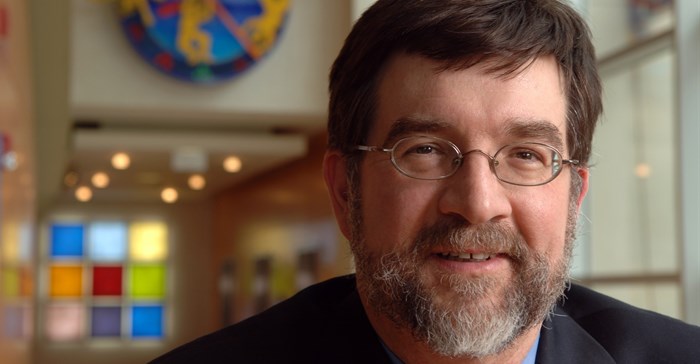
Top stories






RetailSuperga’s century of style: Celebrating 100 years of the iconic 2750 classic
Crick Group 7 Apr 2025
More news

Marketing & Media
#BehindtheSelfie: Adriana Woolridge, marketing manager at Homemation
Karabo Ledwaba 1 day














South Africa has achieved an 82% vaccination rate in girls, whereas back home, in the US of A, the decade-old campaign has only yielded a 40% immunisation rate.
Alexander attributes the better local results to using the school system to implement programmes. “Schools are a great equaliser, because it doesn’t matter whether you are rich or poor, or black or white, everybody goes to school.”

In April 2014, the South African National Department of Health implemented a school-based HPV vaccination programme for all girls nine years and older in grade 4 in public schools, targeting almost half a million girls. Private schools were not included in the rollout.
Thanks to the programme, HPV has become an “egalitarian virus”, Alexander says, evolving into a form of reversed healthcare inequality, where poorer and middle-class girls are getting better pre-emptive HPV care than their wealthier counterparts in private schools.
According to the World Health Organisation (WHO), there are more than 100 types of HPV, of which at least 13 are cancer-causing. One of the cancers associated with HPV is cervical cancer, the second most common form in women living in less developed regions with an estimated 445,000 new cases in 2012 (84% of the new cases worldwide).
As a paediatrician and “proud owner of two daughters”, Alexander says, “In terms of vaccine implementation, I worry, we’ve stumbled a little on communication. We need to teach doctors better messaging to parents.”
He says that obviously the conversation between a paediatrician and parents on immunising their child against what is a sexually-transmitted disease is uncomfortable. “It’s not about sex at all, but rather about cancer.”
Doctors should explain to parents the potential of the vaccine to prevent misery by substantially reducing the risk of having to go through the trauma of a cancer experience in the family, he says.
“We as paediatricians need to put on our big girl pants in getting the message across. Where South Africa has been smart is in normalising the HPV vaccine.” he concludes.
